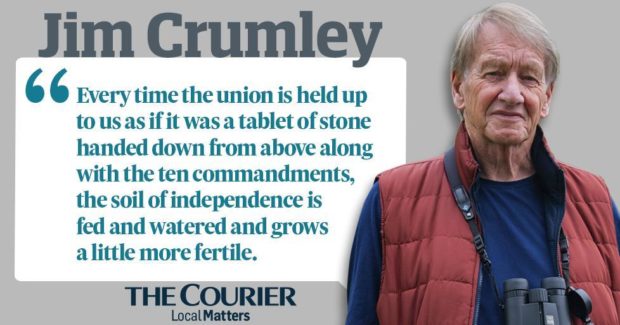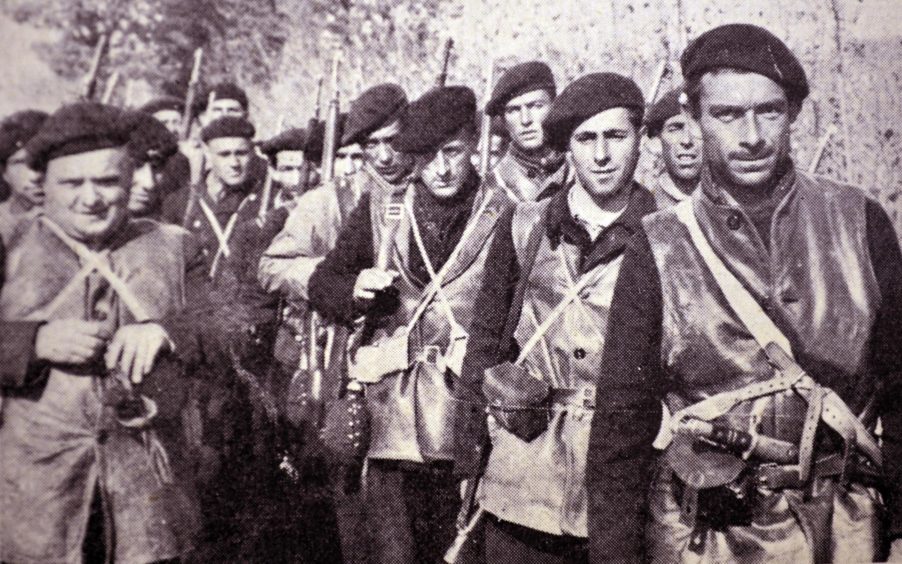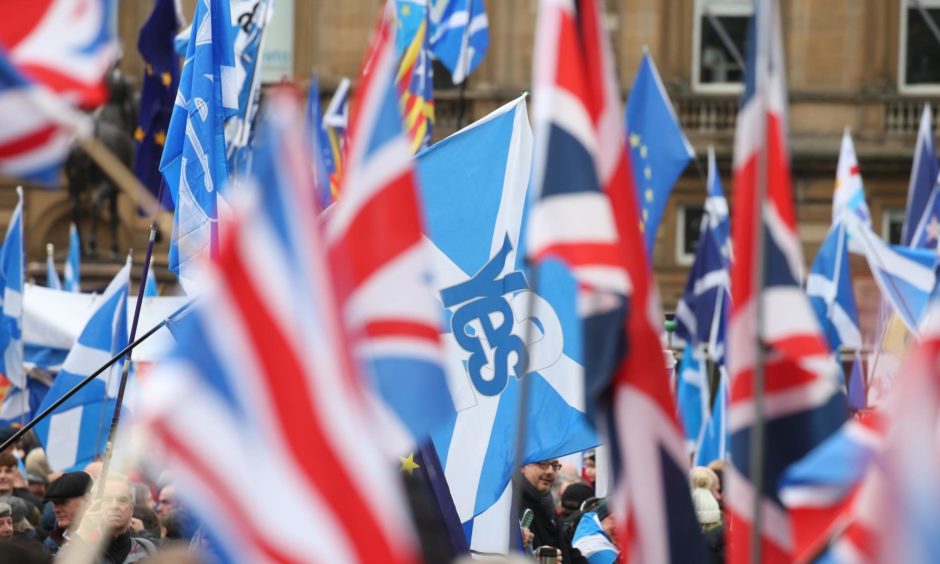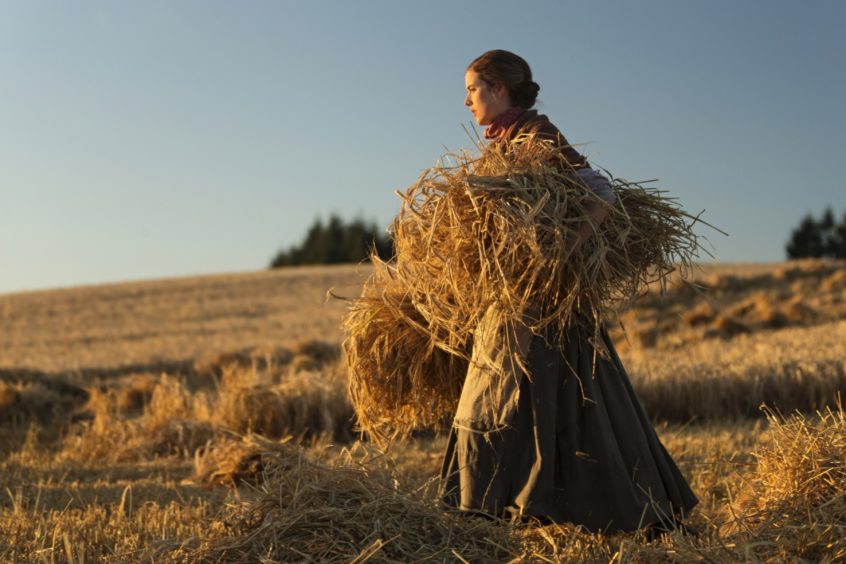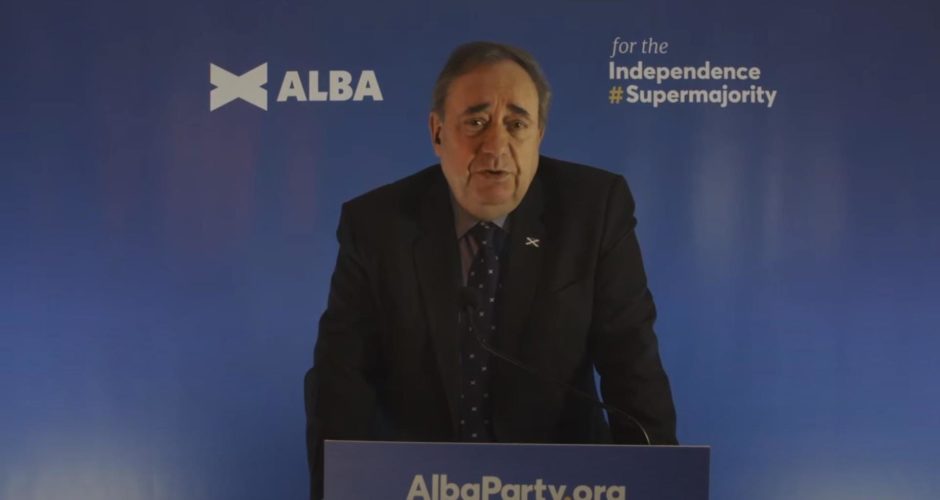The thing I dislike most about the way that vast swathes of the British media have rounded on Scotland’s Nationalist-led government is the language.
Its characteristic notes are bullying intolerance, hectoring ignorance, and the idea that a pro-independence movement is the work of the Devil, instead of the consistently expressed democratic preference of a majority of Scottish voters.
As soon as two MSPs disagree, the SNP is “riven by civil war”. I have lost count of how often I have encountered the phrase in the last few weeks. Anyone who has seen an actual civil war at work will recognise the recklessness of the language.
And given the internal strife that besets the party of government in Westminster right now, and every opposition party in the Scottish Parliament (not to mention every political party worth the name in the history of political parties), a little less pot-calls-kettle-black thoughtlessness is in order.
The people who are always most disrespected in a situation like this are the voters themselves.
In Scotland, we have voted consistently in recent years for pro-independence parties more than any others, and the more people from furth of Scotland (and a few within it) lecture our politicians on the error of their ways, the more they disrespect the people of Scotland.
So every time the union jack is brandished in our faces, every time Conservative voices screech ritual abuse against Nicola Sturgeon and her civil-warring party, every time the union is held up to us as if it was a tablet of stone handed down from above along with the ten commandments, the soil of independence is fed and watered and grows a little more fertile, as more and more of us recognise the worth of what we have here, and vote for it.
And what we have here is significant.
We have, by any rational measure (which excludes by definition pretty well all her political opponents and their media acolytes), in Nicola Sturgeon a First Minister and a party leader who speaks to us and for us in words we understand.
A First Minister who represents us to the wider world with rare dignity; whose leadership skills are so far ahead of those of any other party in the land that her rivals’ only recourse to the yawning credibility gap they stare into has been the politics of the kangaroo court.
When Michelle Obama said “when they go low, we go high”, this is what she was talking about.
I am no-one’s idea of a political writer, far less a politician, I am not a member of a political party. But this goes beyond politics.
I care about my country, and I think of my country as Scotland. I care about its place in Europe. I care about its culture, its natural environment – especially that – and I care about Scotland’s place in the rest of the world and what the rest of the world thinks of it. Independence has always been my preferred option for attending to these concerns.
I’m reading Sunset Song just now. It must be the ninth or tenth time I’ve read it. I always take it slowly, savouring its genius. For me, as an east coaster, it helps that it’s an east coast book with a regional accent, and that the book is so well fashioned it has effortlessly travelled the world.
I treated myself to a new edition not long ago. It had one of those introductions that are usually written by academics or famous people, and which I usually skip. But I read this one and was delighted that it highlighted the very passage which I have always thought of as being a kind of foundation stone, as if Lewis Grassic Gibbon thought of that first, and then wrote a book around it, building a sure and enduring structure on its strength. It’s this:
…two Chrisses there were that fought for her heart and tormented her. You hated the land and the coarse speak of the folk and learning was brave and fine one day; and the next you’d waken with the peewits crying across the hills, deep and deep, crying in the heart of you and the smell of the earth in your face, almost you’d cry for that, the beauty of it and the sweetness of the Scottish land and the skies.
The introduction and the choice of that passage was Nicola Sturgeon’s. So what I’m saying, is let’s value the positives in what we have in our parliament and the democracy that we voted for and continue to vote for, and despite the anger and the braying for her head among her political rivals and the British establishment, we are fortunate to have a First Minister who is first among those positives.
Finally, I don’t wholly understand Alex Salmond’s strategy in setting up the Alba party. But consider this: he was, and possibly still is, an exceptional politician who made the SNP electable. He was, and possibly still is, a shrewd political tactician. So what I’m saying is cut him some slack, give him time.
There, I’m done with politics, and next week I’ll revert to the “beauty… and the sweetness of Scottish land and the skies”.
